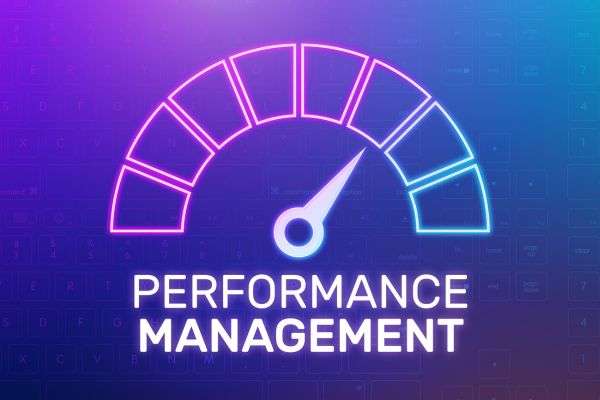Table of Contents
Performance Management Definition:
A planned approach to maximize organizational success through methodically enhancing both individual and team performance is performance management. Likewise, it means establishing precise objectives, allowing constructive criticism, advanced assessment, and pinpointing areas for improvement. In order to improve an organization’s general efficacy is executed.

Using data-driven insights is essential for improving organizational performance to maintain an advantage in the fast-paced corporate world of today. Enhancing performance management procedures is a major responsibility of HR Analytics, a field that uses data analytics approaches to influence HR practices.
Understanding Organisational Performance:

The collective success and effectiveness of an organization in accomplishing its strategic goals is referred to as organizational performance. Organizations can boost total organizational performance and increase profitability, efficiency, and relevance in the market by managing each employee well.
Leveraging HR Analytics for Performance Management:

By analyzing data from a variety of sources, such as employee feedback, performance indicators, and turnover rates, HR Analytics enables organizations to achieve more effective insights into the performance of individuals and concerned departments. HR professionals can find patterns, trends, and correlations that influence performance outcomes. Also, by utilizing sophisticated analytics approaches like predictive modeling and data visualization.
Enhancing Individual Performance:
HR Analytics gives companies the capacity to pinpoint high-performing workers, pinpoint areas in need of growth, and customize development programs to fit particular requirements by evaluating individual performance data. Organizations can optimize employee potential and encourage increased contributions to organizational success by offering individualized feedback and growth opportunities to employees.
Addressing Turnovers and Retention:

The productivity and performance of an organization can be significantly affected by turnover rates. Employers can discover variables that lead to turnover, such as work discontent or a lack of career development possibilities, by analyzing turnover data in the context of performance management. Organizations may enhance employee retention and sustain a high-performing team by taking proactive measures to address these concerns.
Improving Performance Management Practices:
Organizations can identify opportunities for improvement in performance management procedures by using HR Analytics to frequently monitor and assess them. Organizations can enhance performance outcomes continuously by streamlining performance management procedures, coordinating them with corporate objectives, and evaluating feedback data, performance measurements, and other pertinent indicators.
Conclusion:
To put it simply up, in today’s cutthroat corporate environment, integrating HR Analytics into performance management procedures is critical to fostering organizational success. Organizations may maximize individual and team performance, improve organizational effectiveness, and achieve sustainable development and success by utilizing data-driven insights to inform performance management methods. Accept the power of HR analytics to help your staff reach their greatest potential and promote excellence in performance throughout the entire company.
To read more about the management of employee performance, please visit this Article.


Pingback: List Of 5 Best HR Software Used By Top Companies - Human Resource Magnet